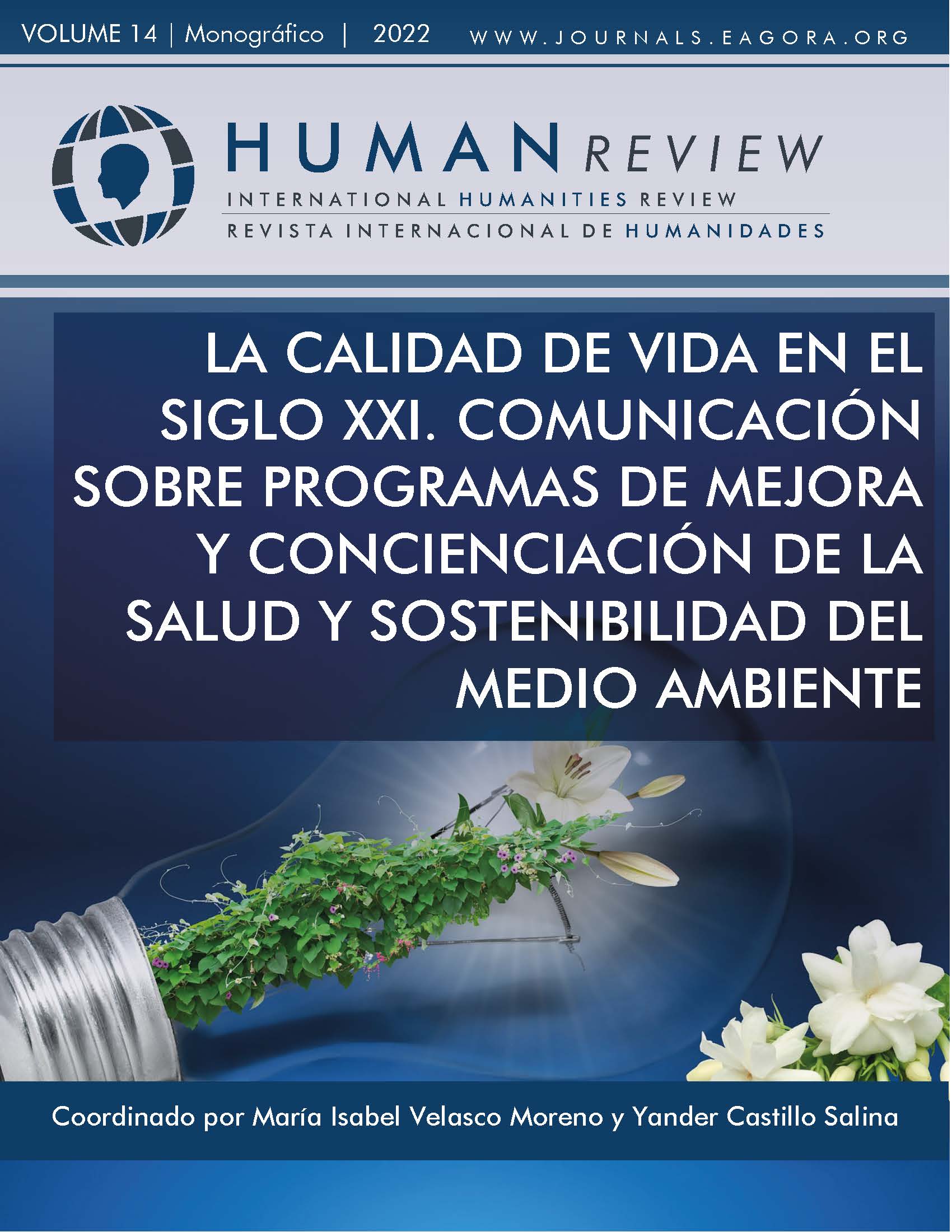Analysis of the work and of the professional in safety and health at work
Keywords:
Professional Work, Security and health at work, Occupational health, Management, Management system, Specialist, Occupational hazardsAbstract
The objective of this article is to carry out an analysis of the work of the occupational health and safety professional and specialist of a group of graduates of this discipline, this process is based on the analysis of four dimensions, the first focused on the demographic part, the second to the socio-labour, the third to the barriers that can arise in the Management of Safety and Health at Work in companies and the fourth focused on technological aspects and innovation in the design, implementation and maintenance of the System Occupational Health and Safety Management.
References
Barrera, M. I., & Castillo, S. V. (2014). Competencias laborales del trabajador social en el SST. Hojas Hablas, 12. http://revistas.unimonserrate.edu.co:8080/hojasyhablas/article/view/30
Bohalteanu, C. (2019). A short history of the role and status of the safety professional in Romania. Safety Science, 116, 254-258. https://doi.org/10.1016/j.ssci.2019.03.019
Ley 1562 de 2012, de 11 de julio, por la cual se modifica el Sistema de Riesgos Laborales y se dictan otras disposiciones en materia de Salud Ocupacional., Diario Oficial núm. 48.488 (2012). http://www.secretariasenado.gov.co/senado/basedoc/ley_1562_2012.html
Acuerdo 02 de 2020. De 19 de julio, por la cual se actualiza el modelo de acreditación de alta calidad,
Dekker, S.W.A. (2014). The bureaucratization of safety. Safety Science, 70, 348-357. https://doi.org/10.1016/j.ssci.2014.07.015
Ge, J., Xu, K., Zheng, X., Yao, X., Xu, Q., & Zhang, B. (2019). The main challenges of safety science. Safety Science, 118, 119-125. https://doi.org/10.1016/j.ssci.2019.05.006
Gorbell, G. L. (2006). The Need for Certification of the Safety Professional. Professional Safety, 51(3), 60-645.
Hale, A. (2019). From national to European frameworks for understanding the role of occupational health and safety (OHS) specialists. Safety Science, 115, 435-445. https://doi.org/10.1016/j.ssci.2019.01.011
Hale, A. R., Hudson, D., & Pryor, P. (2020). The evolution of a global, professional capability framework covering the role, contribution and status of Occupational Health and Safety (OHS) professionals: Editorial, introduction and discussion. Safety Science, 122, 104509. https://doi.org/10.1016/j.ssci.2019.104509
Hudson, D., & Ramsay, J. D. (2019). A roadmap to professionalism: Advancing occupational safety and health practice as a profession in the United States. Safety Science, 118, 168-180. https://doi.org/10.1016/j.ssci.2019.04.018
Información Poblacional—SNIES. (2022, julio 17). https://hecaa.mineducacion.gov.co/consultaspublicas/content/poblacional/index.jsf
Peace, C., Lamm, F., Dearsly, G., & Parkes, H. (2019). The evolution of the OHS profession in New Zealand. Safety Science, 120, 254-262. https://doi.org/10.1016/j.ssci.2019.07.005
Provan, D. J., Dekker, S. W. A., & Rae, A. J. (2017). Bureaucracy, influence and beliefs: A literature review of the factors shaping the role of a safety professional. Safety Science, 98, 98-112. https://doi.org/10.1016/j.ssci.2017.06.006
Provan, D. J., Dekker, S. W. A., & Rae, A. J. (2018). Benefactor or burden: Exploring the professional identity of safety professionals. Journal of Safety Research, 66, 21-32. https://doi.org/10.1016/j.jsr.2018.05.005
Provan, D. J., & Pryor, P. (2019). The emergence of the occupational health and safety profession in Australia. Safety Science, 117, 428-436. https://doi.org/10.1016/j.ssci.2019.04.036
Pryor, P. (2019). Developing the core body of knowledge for the generalist OHS professional. Safety Science, 115, 19-27. https://doi.org/10.1016/j.ssci.2019.01.013
Pryor, P., Hale, A., & Hudson, D. (2019). Development of a global framework for OHS professional practice. Safety Science, 117, 404-416. https://doi.org/10.1016/j.ssci.2019.04.033
Soto, C. M., & Segovia, J. L. (2009). Intervalos de confianza asimétricos para el índice la validez de contenido: Un programa Visual Basic para la V de Aiken. Anales de Psicología / Annals of Psychology, 27(1), 169-171.
Swuste, P., Zwaard, W., Groeneweg, J., & Guldenmund, F. (2019). Safety professionals in the Netherlands. Safety Science, 114, 79-88. https://doi.org/10.1016/j.ssci.2018.12.015
Uhrenholdt, C., Hasle, P., & Limborg, H. J. (2019). Professionals without a profession: Occupational safety and health professionals in Denmark. Safety Science, 113, 356-361. https://doi.org/10.1016/j.ssci.2018.12.010
Wang, B., Wu, C., Li, J., Zhang, L., Huang, L., & Kang, L. (2019). Certified Safety Engineer (CSE) as a new official profession in China: A brief review. Safety Science, 116, 108-115. https://doi.org/10.1016/j.ssci.2019.03.007
Wright, N., Hollohan, J., Pozniak, E., & Ruehlen, P. (2019). The development of the occupational health and safety profession in Canada. Safety Science, 117, 133-137. https://doi.org/10.1016/j.ssci.2019.04.005

